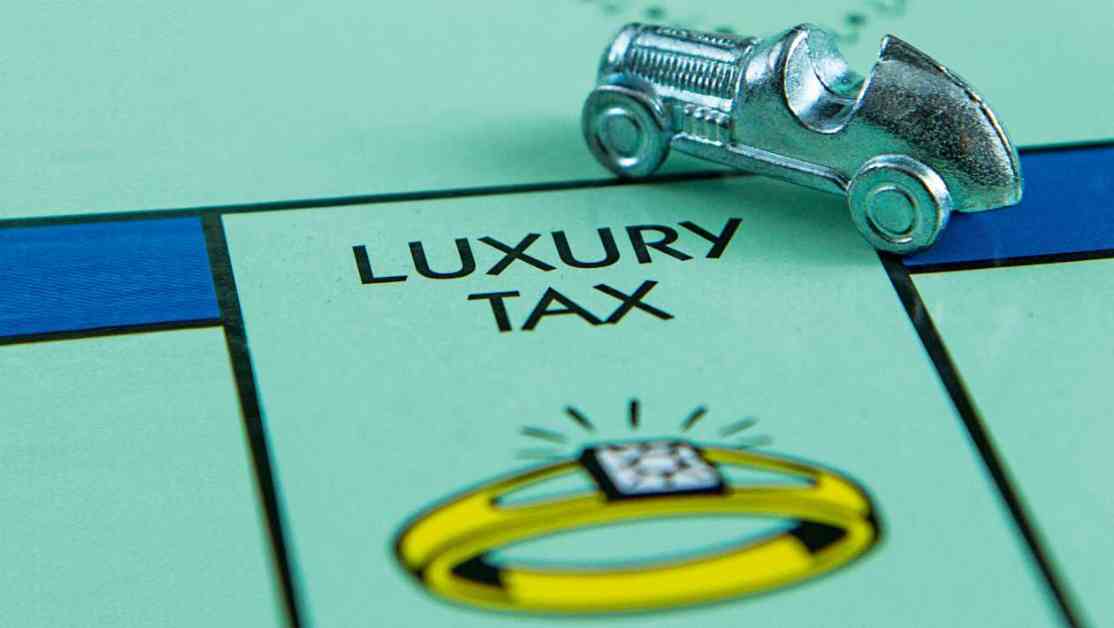The UK motor industry is calling on the new Labour Government to make electric cars exempt from the luxury car tax that is set to take effect next year. This tax, which is paid annually in addition to the standard VED rate, has increased from £390 to £410 in 2024. As a result, almost a third of new cars registered in 2023 will be subject to this surcharge, amounting to an extra £250 million in tax revenue for the government. In total, almost 1.9 million vehicles on the road currently qualify for this tax, potentially generating around £769 million in revenue this year alone.
The Society of Motor Manufacturers and Traders (SMMT) is urging the government to classify electric cars as ‘essential’ and exempt them from this tax. The SMMT argues that taxing EVs as luxury cars could deter potential buyers and hinder the transition to zero-emission vehicles. With the government set to earn even more from EVs once the exemption ends in 2025, the SMMT is pushing for fairer tax policies that promote the adoption of electric vehicles.
In addition to the luxury car tax exemption, the SMMT is also calling for a reduction in VAT on EVs to make them more affordable for consumers. By halving VAT to 10% for three years, the trade body believes that as many as 300,000 additional EVs could be on the roads by the end of the designated period. The SMMT is also advocating for a reduction in VAT on public charging to 5% to encourage more consumers to switch to zero-emission vehicles.
The industry’s plea for tax relief on electric vehicles comes at a time when private uptake of EVs has declined by almost 11% in June. Manufacturers are being encouraged to offer more affordable EV options to attract buyers and stimulate the market. With the right policies in place, the SMMT believes that the government can revitalize the market and accelerate the transition to zero-emission vehicles.
As discussions around tax policies continue, consumers are advised to consider electric car options that fall below the £40,000 threshold to avoid incurring the luxury car tax. Models like the Tesla Model 3, Volvo XC40, Volkswagen Passat, and Toyota RAV4 offer excellent features and performance at prices that won’t trigger the additional tax. On the other hand, cars like the Alfa Romeo Giulia, Renault Scenic, Kia Sportage PHEV, and Vauxhall Astra GSe may face the luxury car tax due to their price points.
In conclusion, the UK motor industry is advocating for tax exemptions and reductions to promote the adoption of electric vehicles and support the transition to zero-emission transportation. By implementing fairer tax policies, the government can encourage more consumers to switch to electric cars and contribute to a greener, more sustainable future for all.









